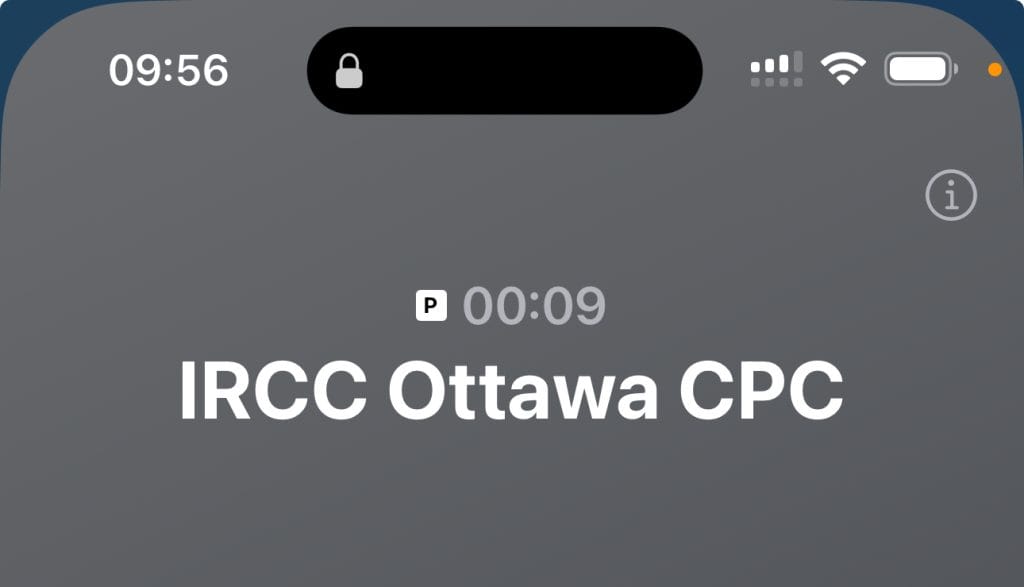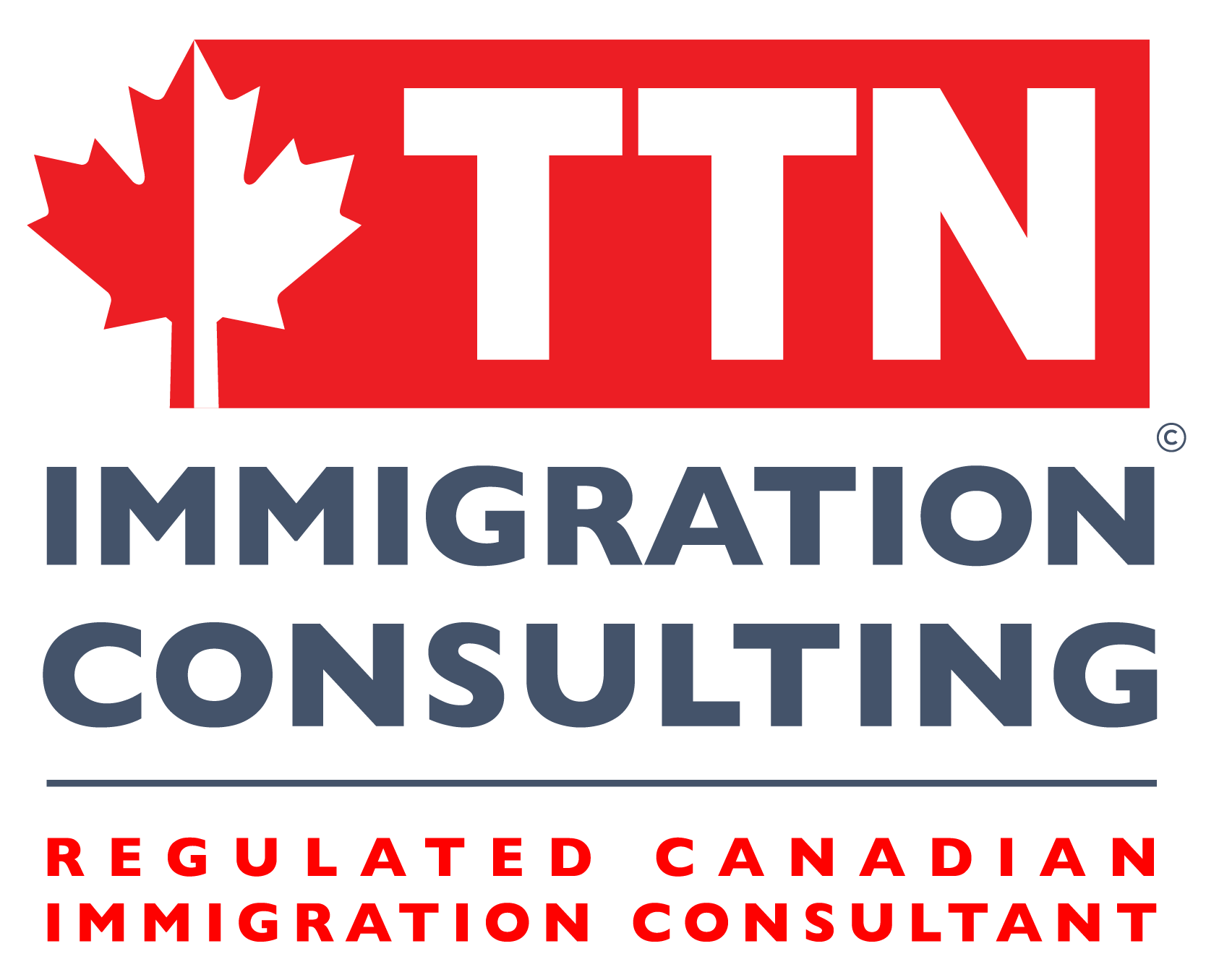Voice Phishing. Warnings about sophisticated scams through phone calls.
David Le, RCIC-IRB, @TTN immigration 2024

This morning, David received a phone call, and the displayed number was from the Immigration, Refugees and Citizenship Canada (IRCC) office in Ottawa. Since I had saved this number in my contacts for work-related needs, it was indeed the correct phone number for the IRCC office in Ottawa (1-888-242 2100). However, the content was a pre-recorded message, and upon listening, it was clear that it was a scam. There was also some content in Chinese (likely targeting individuals of Chinese or Asian descent), prompting the listener to choose a number to converse in English or Chinese.
A client of mine in Manitoba also shared how they received a call from "Manitoba Hydro" informing them of a debt and threatening to cut off their electricity in the winter if not paid immediately, and they were asked to provide an email for e-transfer payment... Luckily, the client encountered difficulties with online payment and was too busy with work, so they postponed the payment to the evening. Later on, they suddenly came to the realization, "Wait, why e-transfer?!"
Therefore, David wants to write this article about Voice Phishing, or Vishing, because this wasn't the first time I had received such calls impersonating government agencies, CBSA, IRCC, banks, conducting surveys, etc...aiming to defraud, extorting sensitive personal information and assets.
If someone call and introduce themselves as being from a certain agency but using a different phone number, "experienced" individuals can easily look up the number to see if it matches the phone number published on official websites or mainstream media. However, with Vishing, it's highly possible that the phone number displayed on your phone matches the phone number of the impersonated government agency or organization.
Warning: Sophisticated Scams Impersonating Government Agencies and Organizations
In the modern age of technology, scamming methods are becoming increasingly sophisticated and complex. Particularly, scammers don't hesitate when it comes to impersonating reputable government agencies such as Immigration, Refugees and Citizenship Canada (IRCC), CBSA, CRA, or any other organization or company to deceive the public and customers. This not only results in financial losses for the victims but also poses a threat to the trust in the impersonated government agencies, organizations, companies, and the security of the community as a whole.
One of the most common tactics used by scammers is to make phone calls to victims, often using phone numbers that display the name and correct phone number of government agencies, organizations, or businesses. In doing so, they create an illusion of legitimacy, making the victim believe they are communicating with an official entity.
In many cases, these calls will attempt to persuade the victim into provide sensitive personal information or to demand payment of fines or debts into their personal accounts. Scammers may also use threats or emotional manipulation to instill fear in the victim and easily lure them into their trap.
For reputable government agencies, organizations, and companies, impersonation not only causes harm to the deceived individuals but also affects the reputation and trustworthiness of these entities. Therefore, raising awareness and vigilance is crucial.
To avoid falling into the these traps, everyone should remember that genuine government agencies never ask for payments over the phone or request sensitive personal information via unsolicited phone calls. If there are any doubts about the authenticity of a call, individuals should independently verify the contact information directly from the official website of that agency or company, or use other known means of communication to reach out to them directly.
Through understanding and vigilance, we can prevent fraud and protect the community from unnecessary losses. Let's react together and spread this message to build a safer and more trustworthy society.
Individuals who use Apple phone can read more about how you can protect sensitive information through Apple's support page.. Individuals who use Android phones can access Google's support page to know more.
